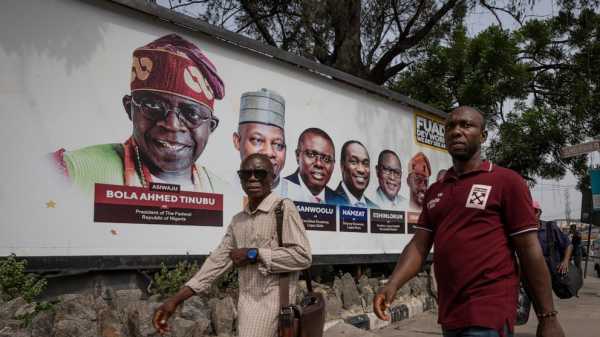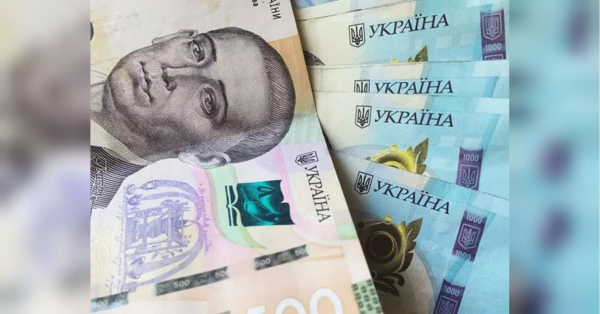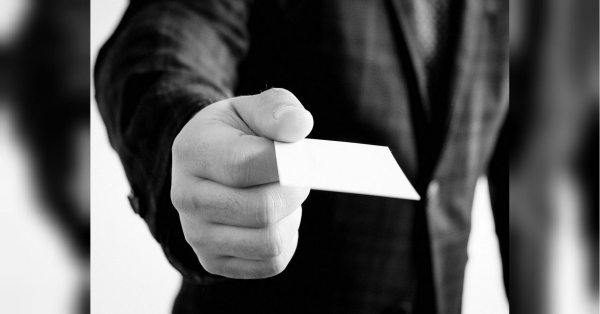
ABUJA, Nigeria — Officials rushed to prepare polling stations Friday, on the eve of Nigeria’s crucial election, amid new concerns of vote buying after police said one lawmaker was arrested with nearly $500,000 in cash and a distribution list.
In the southeast, fears that separatists may target polling stations prompted election workers in parts of Imo state to abandon their posts, according to Mahmood Yakubu, head of Nigeria’s election commission.
The last-minute developments came as Nigerians prepare to cast ballots Saturday in both parliamentary and presidential elections. The government indicated Thursday it would not postpone the vote at the last minute as it did in 2019, when the delay was announced the morning of the election. The 2014 vote also was rescheduled for a later date.
And concerns continued about what impact Nigeria’s current cash shortage would have on voter turnout. While it’s been impossible for many Nigerians to obtain the national currency, naira, police said at least one lawmaker had plenty of U.S. dollars on hand.
Authorities were interrogating Chinyere Igwe, a member of Nigeria’s House of Representatives, after he was found traveling with the money inside a bag in his car around 2 a.m. along with a distribution list, said Rivers state police spokeswoman Grace Iringe-Koko. It is illegal to move undeclared cash of more than $10,000 in Nigeria.
Authorities in Kano state, meanwhile, announced the arrests of more than 60 “suspected thugs with dangerous weapons” after supporters of political parties clashed Thursday. Local media reported one person was burned to death in the violence.
Eighteen candidates are vying for the chance to replace incumbent President Muhammadu Buhari, who is stepping down after his second and final term in office.
Three front-runners have emerged, including the ruling party’s Bola Tinubu and the main opposition party's Atiku Abubakar. Most polls have favored Peter Obi, a third-party hopeful.
The vote is being carefully watched as Nigeria is Africa’s largest economy and one of the continent’s top oil producers. By 2050, the U.N. estimates that Nigeria will tie with the United States as the third most populous nation in the world after India and China.
The election comes amid a currency shortage in Africa's most populous nation, raising concerns about whether it will affect voter turnout. Authorities announced the switch to a new naira note in November, but the change has led to shortfalls of bank notes nationwide.
At the same time, there have been doubts about the ability of Nigerian authorities to curb the influence of money in the country’s elections.
Observer groups have documented political parties making payments ranging from 500 naira ($1.09) to 5,000 naira ($10.90) to people willing to vote for their candidates, a tactic used amid high unemployment and poverty rates in the country.
“Vote buying remains a major threat to our democracy,” Mahmood Yakubu, the head of Nigeria’s election commission, told reporters Thursday.
The use of mobile phones is prohibited at Nigeria’s voting stations, Yakubu said. Authorities introduced the ban to counter voters photographing ballots as evidence in exchange for cash from political parties.
___
Associated Press journalist Ibrahim Garba in Kano, Nigeria contributed.
Sourse: abcnews.go.com






